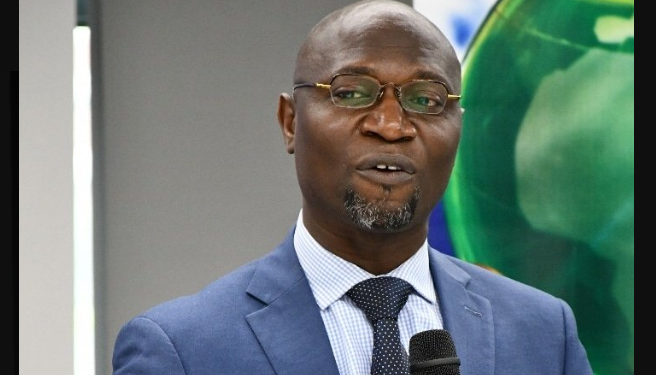The Securities and Exchange Commission (SEC) has urged the adoption of Artificial Intelligence (AI)-driven surveillance as part of essential reforms to modernize and strengthen Nigeria’s capital market for long-term growth and resilience.
SEC Director-General, Dr. Emomotimi Agama, made this call during the fifth Fellowship Inaugural Lecture of the Capital Market Academics of Nigeria (CMAN), held virtually on Monday. The event, themed “Innovative Regulation for a Resilient Capital Market in Nigeria,” was covered by the News Agency of Nigeria (NAN).
Dr. Agama highlighted that AI-enabled surveillance would allow regulators to monitor market activity in real time, detect fraud, and mitigate systemic risks more effectively. Drawing on examples from the United States, where the SEC operates a technology-powered consolidated audit trail, he stressed the need for Nigeria to move from reactive regulation to predictive, technology-driven oversight.
“Shifting from reactive oversight to predictive, tech-driven governance—through regulatory sandboxes, AI-powered surveillance, and strong ESG frameworks—will boost market stability and investor trust,” he said.
Agama noted that adopting AI solutions is vital for building a resilient, globally competitive capital market.
Persistent Structural Challenges Despite New Laws
Despite the recent enactment of the Investment and Securities Act (ISA 2025), Dr. Agama acknowledged that Nigeria’s capital market continues to grapple with structural inefficiencies. Challenges persist in areas such as capital mobilisation, equitable wealth distribution, and access to corporate financing.
“While the ISA 2025 clarifies regulatory roles, significant issues remain,” he stated, pointing to poor coordination between the SEC and the Central Bank of Nigeria (CBN), restrictive pension fund policies, and inadequate data-sharing frameworks as obstacles to market progress.
Lessons from the UK’s Fintech Success
Dr. Agama encouraged Nigerian regulators to draw inspiration from global models like the United Kingdom’s, where regulatory innovation has spurred fintech growth. He advocated phased licensing approaches, similar to those used in the UK, and proposed collaboration between the SEC and CBN to enable sandboxed crypto-fiat transactions.
“These reforms not only align with global best practices but also address Nigeria’s specific economic needs, making the country more appealing for sustainable, long-term investment,” Agama said.
He stressed that no single institution can achieve the needed reforms alone, urging collaboration between regulators, policymakers, and the private sector to create a capital market that champions innovation, efficiency, and investor confidence.





